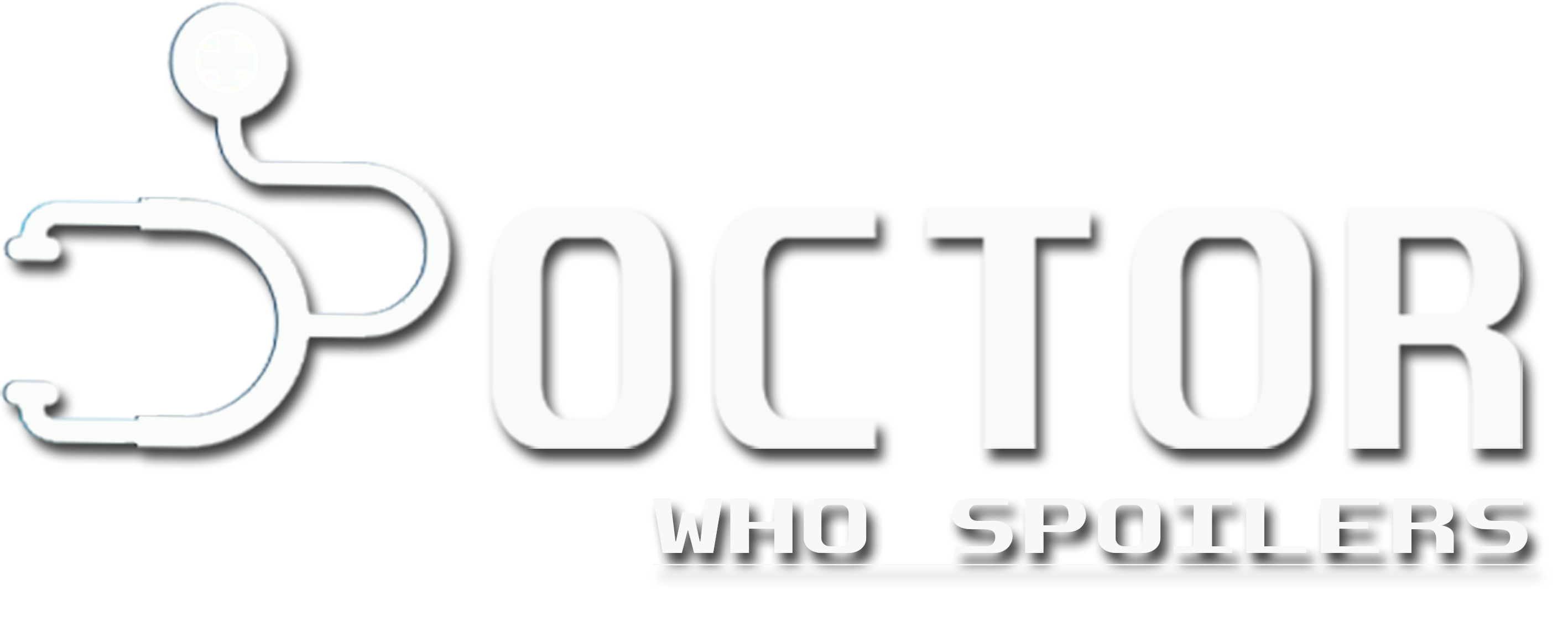
Innovative Approaches in Modern Addiction Recovery Programs
With the rise in technology, addiction programs in Massachusetts have evolved significantly in recent years. This treatment effectiveness gives patients a more individualized experience while they work toward recovery. Additionally, these cutting-edge techniques are changing the face of addiction therapy and giving many people who would have had trouble with conventional techniques hope.
This blog will discuss a few of Massachusetts’s most innovative advancements in addiction recovery programs. So, let’s dive into it!
Addiction Recovery Therapy- An Overview!
Substance abuse can take many different forms, such as abuse of alcohol or other legal substances, misuse of prescription drugs, or usage of illegal substances. These problems frequently cause disruptions in a person’s life, affecting their relationships, employment, health, and general quality of life.
With this situation, they frequently seek help from an addiction treatment center in Plymouth, MA. These rehabilitation programs offer direction and resources to assist individuals in getting back on track.
One-on-one or group lessons may be offered in several of these programs. Family members may also participate in these sessions because addiction frequently impacts the entire family. The ultimate goal of an addiction recovery program is to give lasting results.
Innovative Therapies in Modern Addiction Recovery Programs
- Tailored Care Programs
The adoption of customized treatment plans is among the biggest developments in the field of addiction rehabilitation. This method frequently involves thorough evaluations that take into account variables like the kind of substance used, the length and intensity of the addiction, mental health, and individual circumstances. Programs can better address the underlying causes of addiction and offer a more encouraging recovery environment by tailoring their therapy.
- Practices of Mindfulness and Meditation
The use of mindfulness and meditation as supplemental therapies in the treatment of addiction has grown in favor. Through increased awareness of their thoughts and feelings, people are better able to control their stress levels and appetites. In addition, through integration, people can become more cognizant of their triggers and are more equipped to sustain long-term sobriety.
- Extensive Treatments
With an emphasis on treating the full person rather than just the symptoms of addiction, holistic therapies are becoming a crucial part of contemporary recovery programs. Yoga, acupuncture, art therapy, and nutritional counseling are a few examples of these therapies.
- Medication Assisted Treatment
Behavioral therapy, counseling, and FDA-approved pharmaceuticals are used in MAT to give a “whole-patient” approach to treating substance use problems. When treating opioid and alcohol addictions, MAT is particularly helpful in reducing cravings and helping patients manage their withdrawal symptoms.
- Peer Support and Community-Based Initiatives
Individuals can find great motivation from programs such as 12-step meetings, SMART Recovery, and peer-led support groups, as they offer a feeling of community and shared experience.
Final Words
Recovery programs are more prepared than ever to assist people on their journey to long-term sobriety by adopting tailored treatment plans, integrating technology, and providing holistic care. Investigating these cutting-edge solutions may be the key to a successful recovery if you or a loved one is experiencing addiction.





